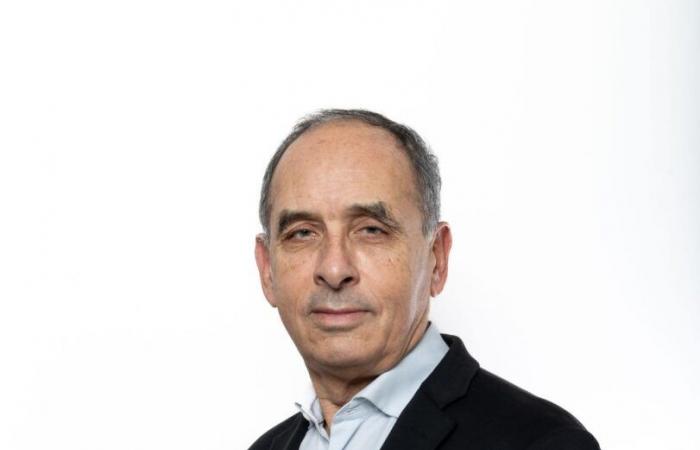PFor climate and human rights defenders, COP29 being held in Baku (November 11-13) poses a double dilemma. Indeed, Azerbaijan is not only a historic bastion of oil and gas production, it is also under the control of an autocracy where it is not good to be a political opponent.
COP29 on the climate: money, always money
COP29 starts this Monday, November 11 in Baku, capital of an oil and gas country, Azerbaijan. Already difficult, the North-South dialogue which constitutes the main course on the menu will be disrupted by the election of Donald Trump, a climate denier who wants to demolish multilateralism
We cannot dream, of course, of holding all international meetings in a Swiss canton or a Scandinavian democracy, and a thousand miles from a coal mine or a derrick. But the fact that, for the second time in a row after Dubai 2023, a climate summit is being held in a country symbolizing addiction to fossil fuels is a stain. Especially when the host cracks down on climate justice activists with equal ferocity.
The case is all the more annoying as Azerbaijan swore to open COP29 by having made peace with its neighbor Armenia. However, a year after the forced departure of 120,000 Armenians from Nagorno-Karabakh, the enclave reconquered with cannon fire by Baku, no agreement with Yerevan is in sight. Worse, the Azeris illegally occupy 200 km² of their neighbor's territory and still hold 22 Armenian hostages.
Despite human rights abuses, Europeans find it difficult to ignore Baku's geopolitical assets.
For human rights defenders, this situation alone justifies a boycott of the conference. The Strasbourg Parliament followed suit in its own way by massively voting for a resolution denouncing the increased repression of political opponents before COP29 and deeming these violations “incompatible” with the status of host country. The unease is strong enough that the president of the Brussels Commission, the French president and the German chancellor have chosen to skip the conference.
However, European states, including France, send delegations to Baku. It is indeed difficult to ignore the geopolitical advantages of this country of 10 million inhabitants which has become a substitute gas supplier since Europe voluntarily cut itself off from Russian gas pipelines. Finally, a way of speaking since, through a hypocritical game of crap, quantities of Russian gas still find their way onto the European market.
Seen from Yerevan, this new dependence of the EU on the Ilham Aliev regime further reduces the ability of Europeans to influence in favor of a just peace in the Caucasus. Will Armenia find something to console itself with the reception in 2026 of the 17e international conference on biodiversity? It is nevertheless permissible to doubt it.






